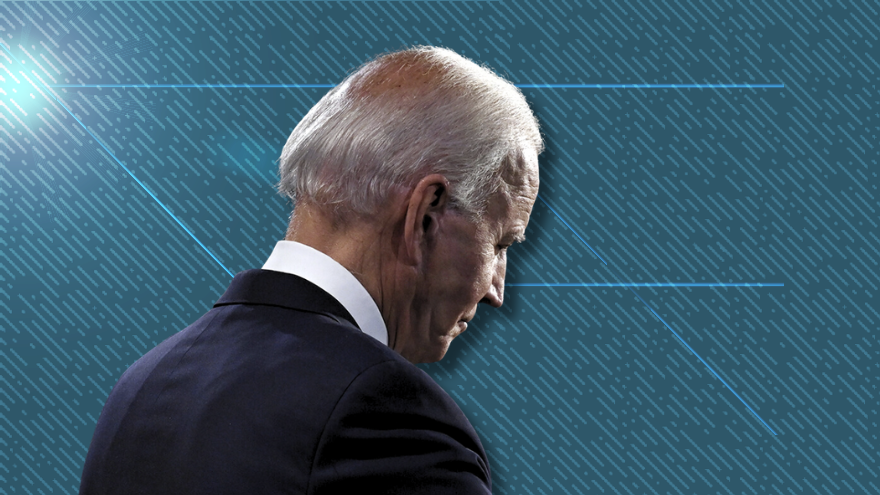Milei, a self-described anarcho-capitalist, stormed into office in December 2023, riding a wave of global popularity amid promises to obliterate the country’s political class, slash the size of government, eliminate the central bank, and tackle crushing inflation, which now hovers near 290 percent, the highest in more than three decades. After his historic win, Milei said his administration planned sweeping spending cuts to balance the budget by the end of 2024. The proposed budget cuts angered Argentina’s political left, which vowed to “resist” and become “much more militant” in response. During the first quarter of this year, Argentina posted a budget surplus of roughly 275 billion pesos ($309 million), about 0.2 percent of GDP, Milei said during an April 22 interview. "This is the first quarter with a financial surplus since 2008," said Milei, who was referring to his left-wing rival Cristina Kirchner's first year in the presidency, as explained by AFP. "If the state does not spend more than it collects and does not issue [money], there is no inflation. This is not magic," Milei added. “The fiscal surplus is the cornerstone from which we are building a new era of prosperity in Argentina,” Milei said Monday night. “We are making possible the impossible even with the majority of politics, unions, the media and most economic actors against us.” Severe measures are being undertaken as Milei deals with an inherited economic crisis due to years of rampant government spending. During his tenure as head of state, Milei has introduced austerity measures that have resulted in the government cutting subsidies for fuel and energy. Upon taking office, his administration fired 5,000 government workers. “Argentina’s situation is critical. The changes our country needs are drastic. There is no room for gradualism, no room for lukewarm measures,” Milei said shortly after his election win. Argentina achieved its surplus by cutting 75 percent of transfers to provincial governments and halting nearly 90 percent of public works, he said. Spending cuts are impacting public universitites like UBA, which offer free undergraduate education and rely largely on government funding. University students, backed by unions and opposition parties called for a march on April 23 to protest financing cuts to public colleges and universities, research and science, AFP reported. Hundreds of thousands of protestors took to the streets to march against the budget cuts to universities, demanding the policy be reversed. Argentina spends about 4.6 percent of its gross domestic product (GDP) on education, with public universities also being free for international students, which has been a magnet for foreign students. “Milei’s streak of fiscal surpluses is certainly good news — but the big question is how sustainable it is,” said Adriana Dupita, deputy chief emerging markets economist with Bloomberg Economics. “Much of the positive performance has come at the expense of high inflation eroding the purchasing power of public sector salaries and pensions, and virtually halting public investment and transfers to provinces. This strategy cannot last long.”Less than six months into his first term, Argentina’s populist President Javier Milei has announced the country’s first quartertly budget surplus since 2008.
Loading...
Loading...
International /
Argentina President Javier Milei Announces First Budget Surplus In 16 Years
'If the state does not spend more than it collects and does not issue [money], there is no inflation. This is not magic'

*For corrections please email [email protected]*
